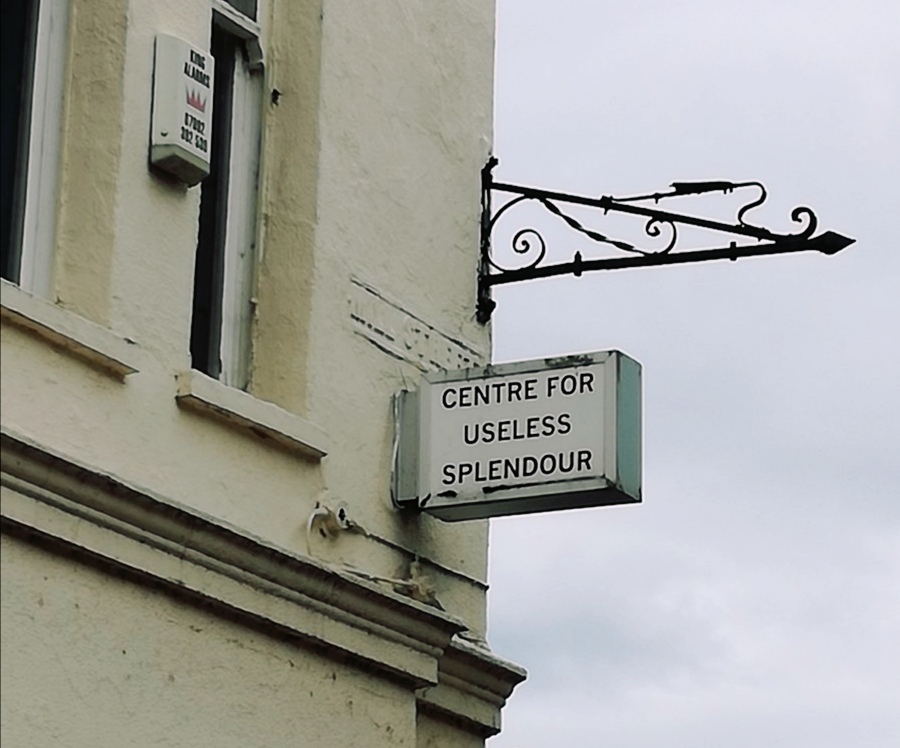I was perched on a stool at a small oak bistro table, drinking a glass of Bartinney Sauvignon Blanc – “wine made on a mountain”. At the table next to me at the wine bar (my favourite when in Stellenbosch) was a group of ten or so students, all dressed in evening wear for the end year ball. Dresses shimmered in hues of silver, lilac, emerald and gold exposing bare backs in the late afternoon sun. The men were more or less unanimously dressed in tight-fitting navy suits hugging gym-trained bodies, with sharp pointed patent leather shoes or “vellies” (informal suede shoes) and colourful socks. The picture that came to mind was like a scene from “Big little lies” – beautiful people living seemingly charming lives in Monterey, California.
Beautiful people living privileged lives while studying at the university – a centre for academic excellence and innovation. But they were brash – loudly ordering one round of champagne after the other, cigarette smoke drifting in the faces of Belgian tourists at another table – hilariously laughing at silly conversation and endlessly posing and re-posing for the one perfect photo to upload onto Instagram, hiding all the little lies. Then finally, they ordered an Uber to take them to the ball, but then grudgingly started walking to the venue when the Uber took too long to arrive in peak traffic.
An hour later I was listening to a memorial lecture in honour of a previous Vice-Chancellor’s legacy of hope. The speaker from Ghana spoke about economic justice, right relationships with God and between people and urged the audience to realise that the time for change is now! But before all these fiery words, the recipients of the bursary fund (mostly black) were introduced – studying in diverse fields like occupational therapy, humanities, social work, theology, animal science, viticulture, food science and law, most of them young people from previously disadvantage communities, most of them perhaps the first of their families to study at a university. What struck me was their composure – serious, quiet, focused.
Off course it’s an unfair comparison for me to make, having no clue of the stories and “little lies” behind the beautiful bodies or composed facades. Off course the contexts differ completely. Off course the university has made enormous strides towards transformation and inclusivity in higher education in the face of the brutal legacies of Apartheid. But what bothered me was the seeming lack of urgency in the demeanour of the group of beautiful students (only white). Off course the occasion did not call for a conversation on social justice, but absent was a sensibility. And I was thinking – a university like this as a centre of academic excellence do not only have the task to produce beautiful young people with competitive degrees, but people, standing in right relationships with each other – the daughter of the farm worker and the son of the farmer equally sensitised to the social and economic injustices of this beloved country, equally primed to make a difference.
Otherwise, it only becomes a centre for useless splendour.
